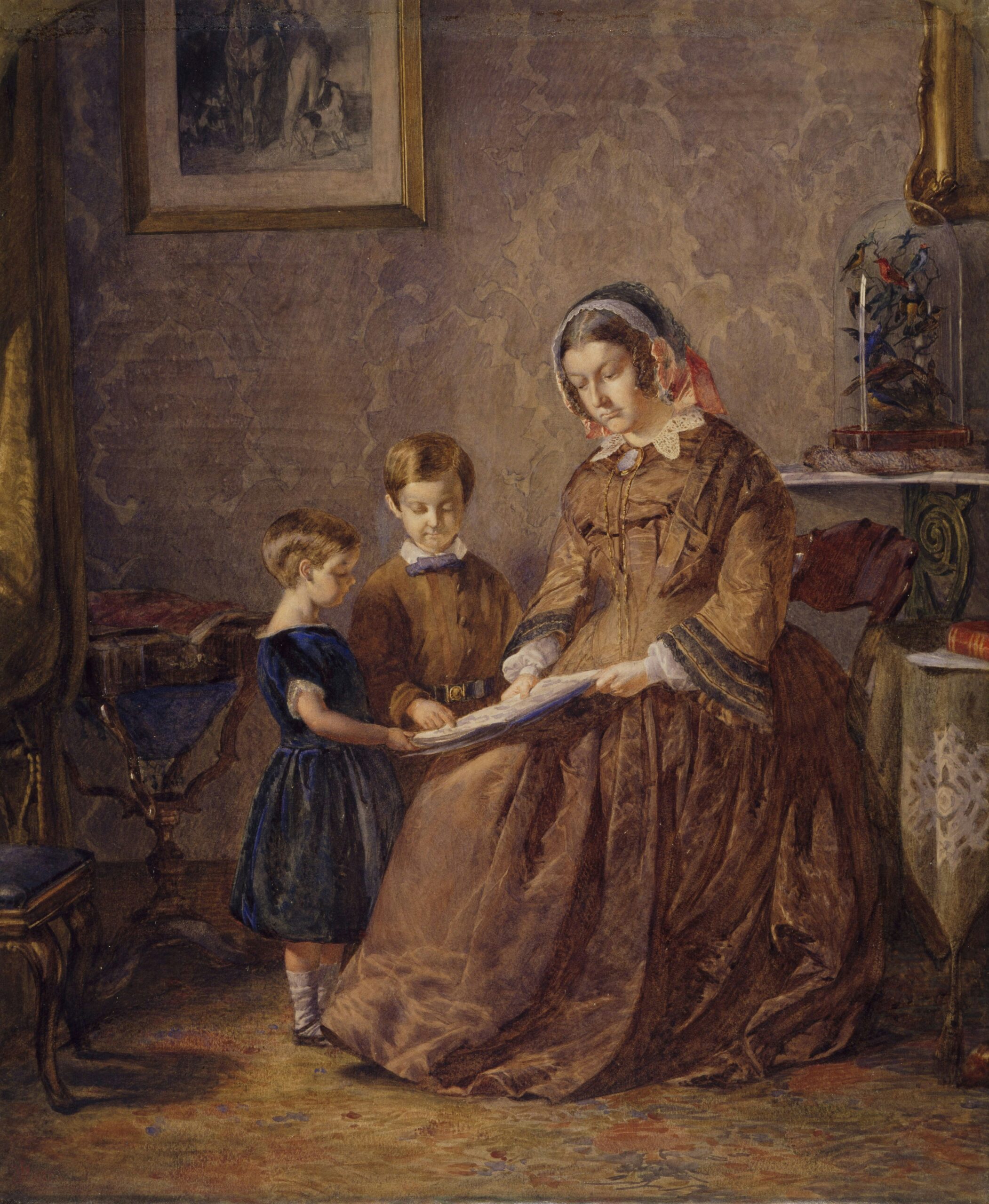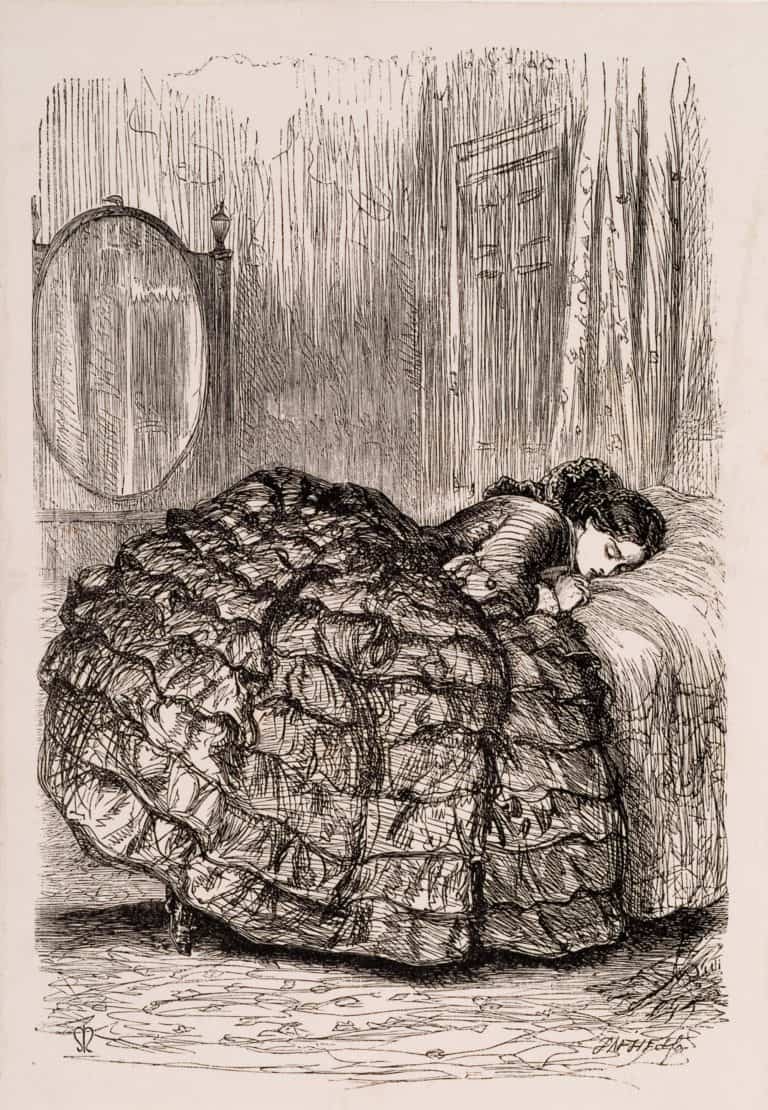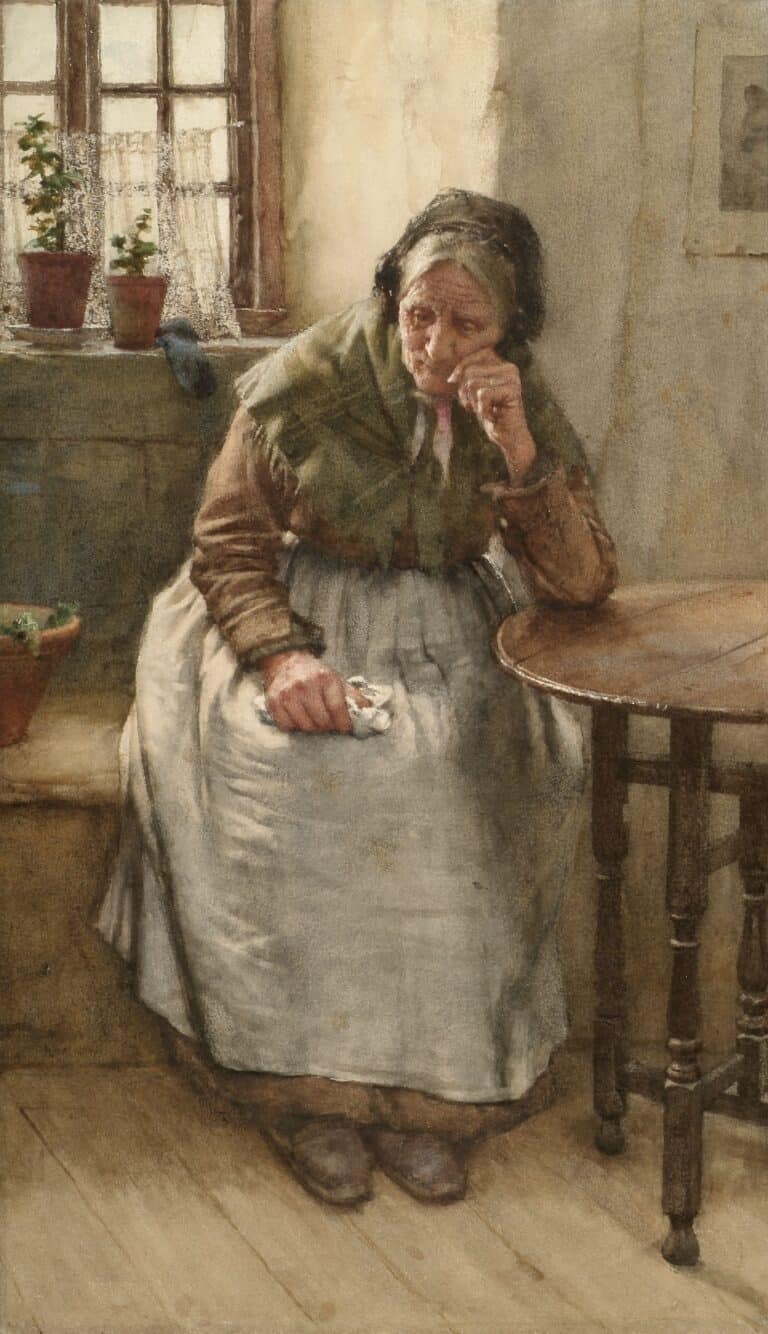OCD Nursing Diagnosis: A Practical Guide for Mental Health Nurses

Obsessive-Compulsive Disorder (OCD) is a complex mental illness that goes far beyond common stereotypes. It involves distressing obsessions and compulsions that severely impact functioning.
Nurses play a vital role in identifying symptoms, supporting care plans, and applying evidence-based interventions. A well-constructed nursing diagnosis for OCD allows for more effective, individualized care that addresses both the emotional and behavioral sides of the disorder.
Clinical Presentation of OCD: What Nurses Should Look For
OCD can present as visible rituals like handwashing, checking, or arranging—but it can also involve mental compulsions such as silent counting, mental reviewing, or repeating prayers.
These behaviors are driven by intrusive thoughts and the urge to reduce overwhelming anxiety. Nurses should assess not just what is visible, but the emotional suffering and internal conflicts that patients may struggle to articulate.
Why a Nursing Diagnosis Matters in OCD Care
An accurate nursing diagnosis is the foundation for developing care plans that are responsive, measurable, and meaningful.
It ensures care goes beyond symptom observation and addresses the patient’s emotional, psychological, and social needs. It also helps the nursing team align their support with other members of the mental health care team, including psychologists and psychiatrists.
Core Nursing Diagnoses for OCD Patients
1. Anxiety (Chronic or Severe)
Persistent and overwhelming fear is central to OCD. Patients may show signs of restlessness, tension, panic, or dread—especially when unable to complete compulsions.
2. Ineffective Coping
Patients often rely on compulsive behaviors to manage anxiety, even when they recognize the behaviors are excessive. These are maladaptive and interfere with life functioning.
3. Disturbed Thought Processes
Obsessions are irrational but feel real. Patients may obsess over harm, contamination, religion, or morality. These thoughts intrude persistently and impair judgment or concentration.
4. Impaired Social Interaction
OCD can lead to avoidance of social situations due to embarrassment or fear of judgment. The rituals themselves can also consume so much time that patients isolate themselves.
5. Impaired Role Performance
Daily tasks may become overwhelming. Work, school, and parenting can suffer due to the time and emotional energy rituals consume.
6. Powerlessness
Many patients feel trapped in their thoughts. They may verbalize that they “have to” complete rituals or describe themselves as out of control.
7. Risk for Self-Harm
When OCD co-occurs with depression or hopelessness, risk of suicidal thoughts increases. Nurses must monitor for emotional exhaustion, despair, and passive or active self-harm risk.
Developing a Nursing Care Plan for OCD
A nursing care plan should be based on the patient’s current level of functioning, symptom severity, and motivation for change. Interventions may include:
- Creating a structured daily schedule to reduce uncertainty
- Teaching basic anxiety management tools (breathing, grounding, mindfulness)
- Collaborating with therapists to support ERP (Exposure and Response Prevention) techniques
- Supporting social reintegration through safe exposure to avoided situations
- Encouraging autonomy by setting achievable goals
- Monitoring closely for signs of emotional or physical risk
The Nurse’s Role in OCD Recovery
Nurses are uniquely positioned to offer both clinical support and emotional connection. They can help patients feel seen and understood, especially when patients feel ashamed or misunderstood due to their thoughts.
By building rapport, providing structure, and encouraging healthy coping, nurses can reduce symptom severity and foster trust in the healing process.
Conclusion: Diagnosing with Purpose, Caring with Intention
OCD nursing diagnoses are more than clinical terms—they are tools that help frame compassionate, patient-centered care. By understanding the internal battles behind compulsions, nurses can respond with empathy, skill, and targeted interventions that empower patients to reclaim control over their lives.





